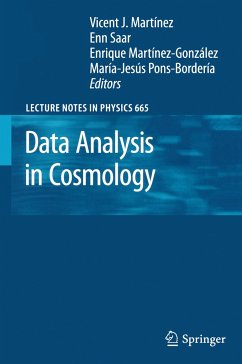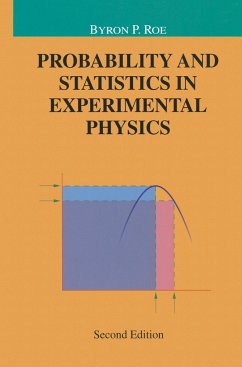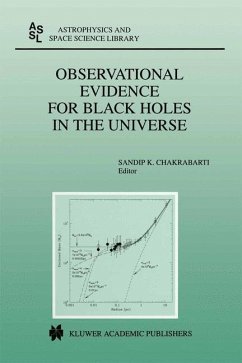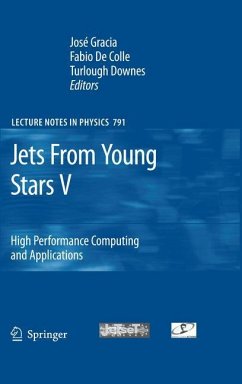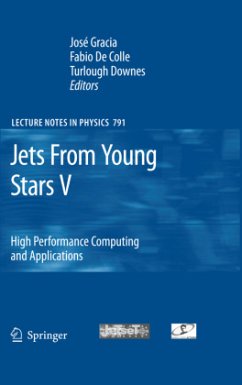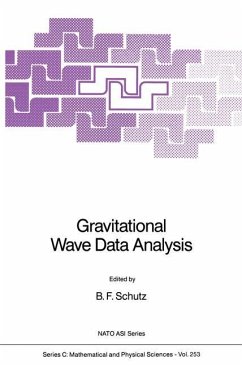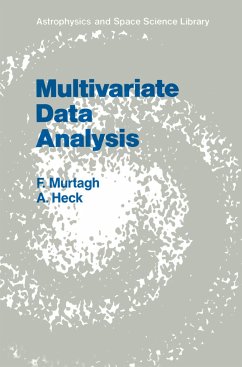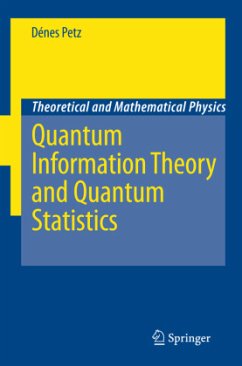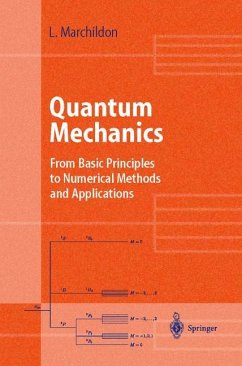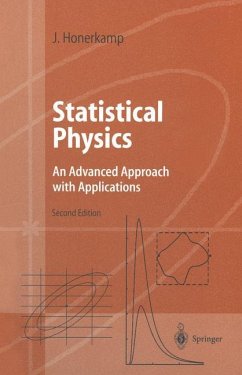
Bayesian Inference
Parameter Estimation and Decisions
Versandkostenfrei!
Versandfertig in 6-10 Tagen
72,99 €
inkl. MwSt.

PAYBACK Punkte
36 °P sammeln!
Filling a longstanding need in the physical sciences, Bayesian Inference offers the first basic introduction for advanced undergraduates and graduates in the physical sciences. This text and reference generalizes Gaussian error intervals to situations in which the data follow distributions other than Gaussian. This usually occurs in frontier science because the observed parameter is barely above the background or the histogram of multiparametric data contains many empty bins. In this case, the determination of the validity of a theory cannot be based on the chi-squared-criterion. In addition t...
Filling a longstanding need in the physical sciences, Bayesian Inference offers the first basic introduction for advanced undergraduates and graduates in the physical sciences. This text and reference generalizes Gaussian error intervals to situations in which the data follow distributions other than Gaussian. This usually occurs in frontier science because the observed parameter is barely above the background or the histogram of multiparametric data contains many empty bins. In this case, the determination of the validity of a theory cannot be based on the chi-squared-criterion. In addition to the solutions of practical problems, this approach provides an epistemic insight: the logic of quantum mechanics is obtained as the logic of unbiased inference from counting data. Requiring no knowledge of quantum mechanics, the text is written on introductory level, with many examples and exercises, for physicists planning to, or working in, fields such as medical physics, nuclear physics, quantum mechanics, and chaos.





